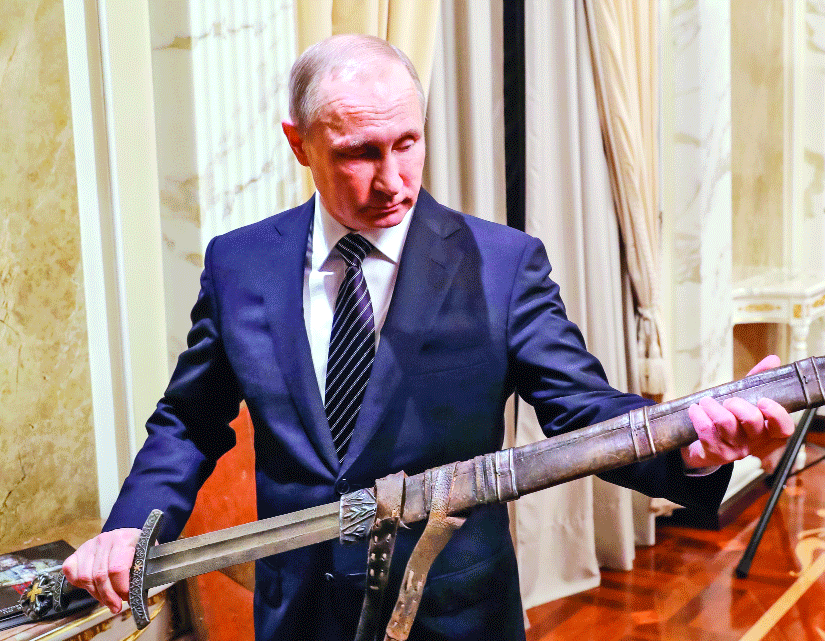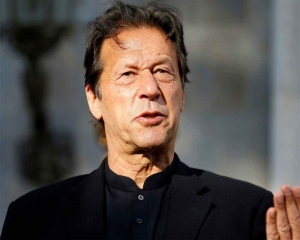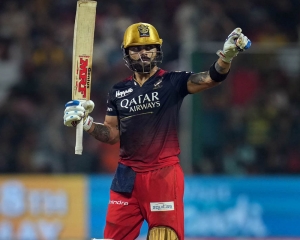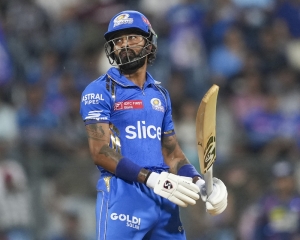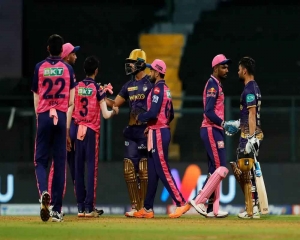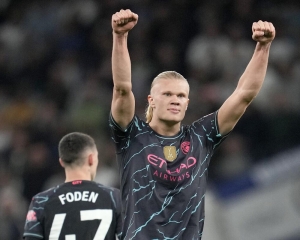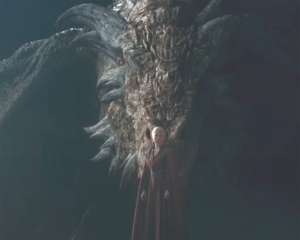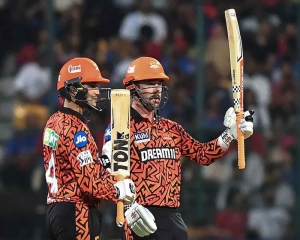When Russia is heading to celebrate hundred years of the historic October Revolution this year, experts say that most of its problems are mainly coming from within, not from outside. It has been felt that its attempt to reclaim its lost empire will probably add more to its worries than to resolve the country’s endemic problems
Conflicts and confrontations are not new to Russia’s tryst with the West. But war is not inevitable, when it comes to Vladimir Putin’s new found relation with the West, particularly the US. Russia’s overtures to the West have already created a few pockets of support for Putin in the far right camps in Europe. Sources say that he has sponsored some of the far right movements in the recent past. And through these hard moves, he is trying to corner some support base for his globetrotting moves from Ukraine to the West Asia. But today, the US President-elect, Donald Trump, may change America’s relations with Russia. The reason behind is very clear: Trump seems to be getting closer to Putin, and many experts, who are monitoring US-Russia relations for decades, say that this may lessen the traditional rivalry between the two countries. In turn, this will have a serious impact in reshaping the contours and narratives of Russia’s ties with the West. Will this really matter in redrawing Russia’s relations with the restIJ Will it help hasten Putin’s fast moves to re-establish a new revisionist RussiaIJ let us see what is in store for Russia in the coming years.
After its collapse, Russia’s approach to deal with the world seems to be idiosyncratic. After the end of the Cold War, Russia, under Mikhail Gorbachev and Boris Yeltsin, failed to come to terms with the new realities faced by the former superpower. Gorbachev encountered a unique reality, and he could not even comprehend what best could be done to rebuild the trust on the State. This badly hampered the new Russian State immediately after the end of the Cold War. With Gorbachev going, Yeltsin rather worsened the situation, both with his failing health and failed vision to steer the lost superpower.
The post-Cold War Russia was governed by a strong revisionist tendency. Moscow had always harboured an intention to revise the terms of its agreements with the rest of the former Soviet States. It is interesting to note here that the details of the collapse of the Soviet Union are still not clear to both the westerners and to the Russians. This has enormously damaged the external relationship of the country not only with the West, but deeply with the former Soviet republics. Ironically, there was neither a decision taken to break up the Soviet Union, nor was there ever a grand plan for how to do so among the top politicians of the country. The Union fell because of many events and a series of decisions taken simultaneously across all the republics, at times without any direct involvement of Moscow. Therefore, blaming Gorbachev alone will not be sufficient for the fall of the Union. But a non-decision on the part of Gorbachev finally set the ball in motion and eventually the great superpower started falling. Some Soviet experts opine that he refused to use the Stalinist repressive measures to prevent the breakup of the Union, which he could have done. When he saw the beginning of the Warsaw Pact countries drifting away from Moscow and a series of independence movements flourished across some of these republics, he decided against using force to reunify the empire. Whether this was a mistake or a desire to see Russia torn into pieces right under his nose, only history will tell the rest of the world.
The major setback came when all attempts to carve out a federal kind of arrangements with these republics failed. This decentralised system was pushed both by Gorbachev and Yeltsin. The biggest-ever shock came to both the leaders when Ukraine and five Central Asian republics first declared their independence. All of them also made it clear to Moscow that they are not willing to join any new federal set-up devised by it. Thus, most of the Russian leaders were stunned when the call for total independence from Moscow by these republics came suddenly. The Central Asian republics had a long tradition of independence much before the Russians conquered their homelands, but not in the lines of States which came up in the post-Cold War era. On April 25, 2005, while delivering his annual address to the Federal Assembly of the Russian Federation, Putin said, “The collapse of the Soviet Union was a major geopolitical disaster of the century. As for the Russian nation, it became a genuine drama. Tens of millions of our co-citizens and compatriots found themselves outside the Russian territory. Moreover, the epidemic of disintegration infected Russia itself. Russians went to bed in one country and awoke in different ones, overnight becoming ethnic minorities in former Union republics while the Russian nation became one of the biggest, if not the biggest, ethnic group in the world to be divided by borders.” Thus those concerned with the well-being of the Russians had enough reasons to be dissatisfied, because their co-nationalists were not protected by the newly born States. Though the Russian Federation passed several laws in the 1990s for extending rights to the ethnic Russians in these States, the latter hardly heeded. This further embittered the relationship of the new States with Russia.
Again, when the Soviet Union collapsed, there was no plan to rearrange the military facilities in place across the Union. Russia followed the same imperial practice of deploying conscripts in far flung republics. The Soviet nuclear infrastructure was spread throughout the USSR. In addition to Russia, the nuclear facilities were there in Belarus, Ukraine and in Kazakhstan. Thus it was difficult to make a decision to build one nuclear power, not four, out of the ruins of the USSR. As resources were used from all the former republics to build these facilities, Russia alone had no right to possess them. But the case of sharing these crucial facilities, including the historic Black Sea Fleet, which was based in Ukraine, was not at all acceptable to the post-Cold War Russian leadership from Yeltsin to Putin. That was a time when Russia was troubled by its own civil war like situation and hence, the West was more horrified by the prospects of four different States armed with intercontinental ballistic missiles, ready for all new conflicts. Though these matters warranted reasonable time and patient negotiations, yet they were all decided so quickly that it created a big furore not only within Russia, but also across all the new States. Precisely, all these issues fall within the ambit of international laws as the component Soviet republics became UN members by July 1992. But for Putin, they are internal matters and they should remain so. Therefore, he unilaterally renounced Russia’s agreements regarding the Black Sea Fleet and the use of Sevastopol immediately after seizing the Crimean Peninsula, without heeding to the international community.
last but not the least is the all new machinations by Putin to revise the international order fundamentally to prove that Russia is reclaiming its imperial power. This has direct impact on all the neighbouring new States and they will have to bear the burden of his new revisionist agenda. He strongly feels the need to revise Russia’s identity and its historical narrative. To him, the breakup of the USSR demands such a revision and this will surely bring back the pride and the prestige of the lost Russian glory. As the Russian identity was so deeply enmeshed with the Soviet Union, it came to a grinding halt after its sudden fall. Therefore, the collapse of the USSR led to a serious identity crisis for Russia. This was accentuated by the reclaiming of the ethnic identities by the newly independent States around its borders which were long suppressed by the imperial Russia in the past. Indeed, these new States developed their identities at the cost of Russia’s historical legacy. Sadly, Yeltsin could not address this identity issue. He was basically focussing on the transition of Russia from Soviet to a post-Soviet mindset in the strict sense of the term. When Putin took over from Yeltsin, he made the Russian identity issue the central focus of his agenda. Before he tried to relook into the national narrative, the Russians had undergone a fundamental change of their entire perception of the Soviet history in the 1990s through the Perestroika movement of the Gorbachev era. Therefore, the reconstruction of the new Russian identity crawled back to its rich past. It was not unusual as in most of the cases of national identity formation, this always happens. With Perestroika and Glasnost, the Russians came to know about the outside world. And, the worse was that they came across series of events that led to Stalin-era purges and collectivisation programmes. Thus the distortion and obfuscation of facts of the yesteryears came in open. This demanded a new situation under which the young Russians had to think about shaping their future. To move the next generation of Russians into the post-Yeltsin phase, Putin drove them with Russian orthodoxy, nationalism and a very strong Government. His anti-western agenda in the making of Russia into a powerful nation well served the young generation. They want their country to be a global power and live with their own terms. Putin’s desire to drive Russia into global eminence was followed by new power-packed action oriented policies in the West Asia, Africa and in Asia.
It is unlikely that the West will be able to help Russia out of the current mess. This crypto-war-like situation brought by Putin will continue for now. This helps him justify his actions by engaging in global conflicts. But how long will this help him sustain his one-sided agendaIJ It is better for the West and the rest of the global powers to persuade Russia to accept its new identity so that the neighbouring nations can live in peace. This will also help the Russian people decide their future.
When Russia is heading to celebrate hundred years of the historic October Revolution this year, the experts say that most of its problems are mainly coming from within, not from outside. It has been felt that its attempt to reclaim its lost empire will probably add more to its worries than to resolve the country’s endemic problems. For the mess created by Putin today, he cannot be solely blamed. A large part of these problems were there since the collapse of the Soviet Union. But Putin could have avoided some of the effects after he took over in 2000. His constant endeavours, through both military and diplomacy, to revive the lost empire, will even make him difficult to survive. And, Russia will be a permanent problem for both the US and Europe.
(The writer is Senior Editor, The Pioneer)













